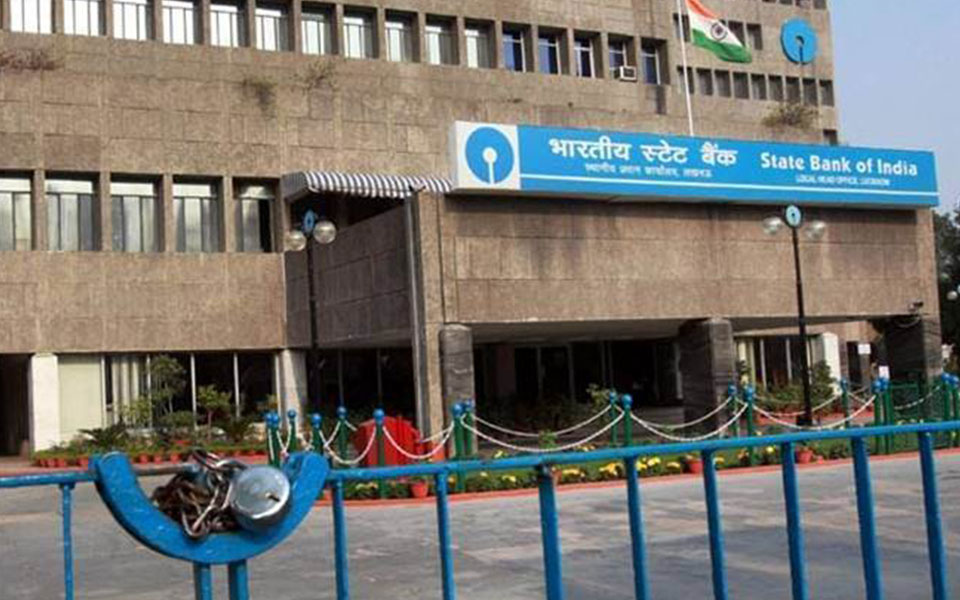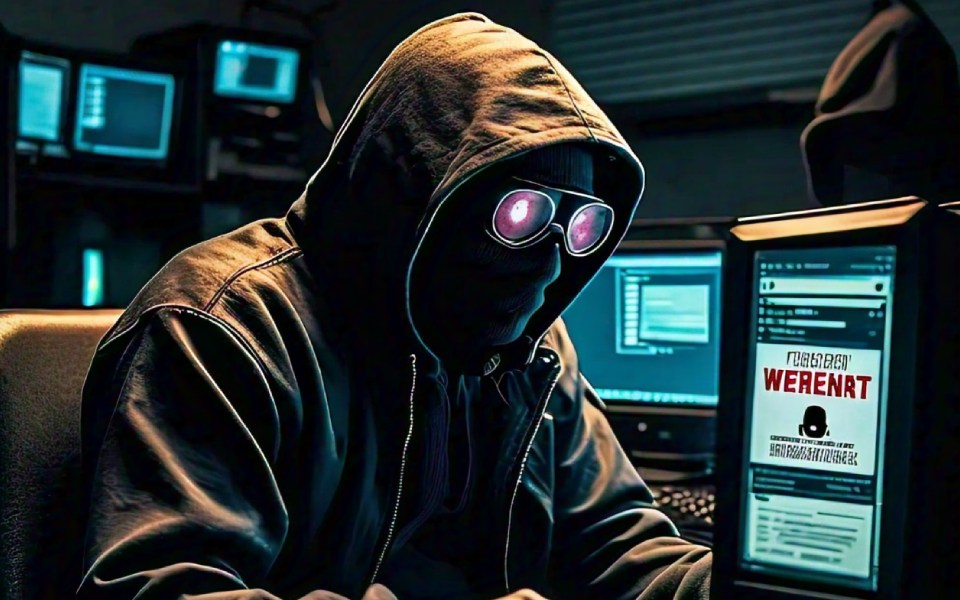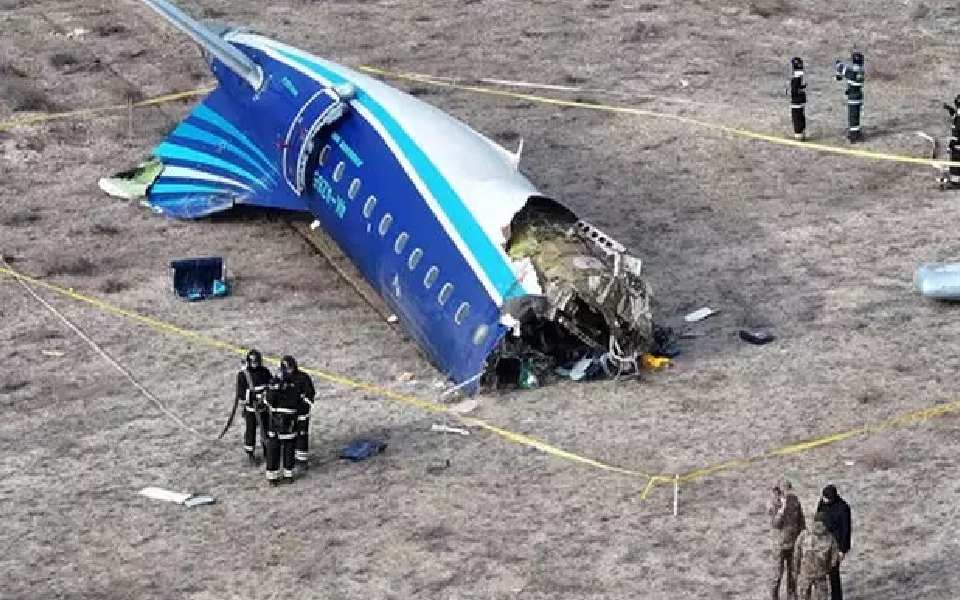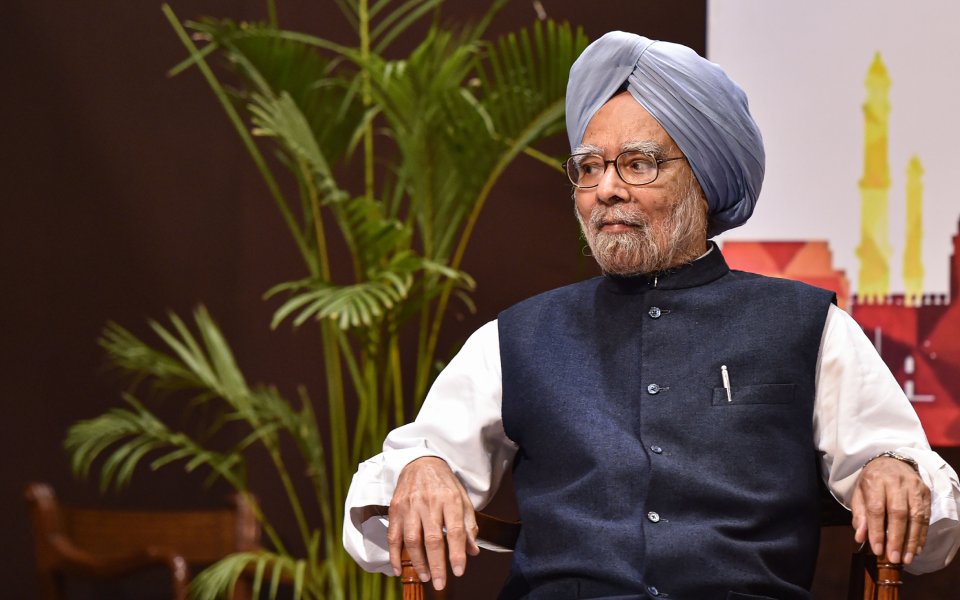Chennai, May 30: The two day bank strike by over 10 lakh bankers demanding early wage settlement starting Wednesday has evoked good response nationwide, said a top leader of the All India Bank Employees' Association.
"Around 85,000 bank branches spread across the country, including that of State Bank of India and some private banks will remain closed for two days. The response to the strike is good," C.H. Venkatachalam, General Secretary, AIBEA told IANS.
Queried about the value and volume of money instruments that would not be cleared by the bank's clearing houses Venkatachalam said: "On all India basis clearance of 39 lakh instruments with a value of Rs 21,700 crore per day would be impacted.
"The above value and volume were the averages of last 15 days clearance of instruments."
The May 30-31 strike is spearheaded by the United Forum of Bank Unions (UFBU), an umbrella body of nine unions.
The bankers are striking work demanding early revision of the wages. The wage revision has been due since November 1, 2017.
Venkatachalam said the unions had requested the Indian Banks' Association (IBA) to come up with better offer than the mere two per cent hike offer made earlier so that the strike could be averted.
He said the IBA was also asked not to delink the wage negotiations for bank officers in the Scales 4-7. The IBA did not do anything.
He said at the conciliation meeting held on Monday, the Chief Labour Commissioner (CLC) had asked the IBA not to raise new controversies like delinking the wage talks for officers in the 4-7 scale.
"Though the CLC tried its best to sort out the strike issues, there is no positive developments. Hence strike on May 30 and 31 (Wednesday and Thursday) stands," All India Bank Officers' Confederation (AIBOC) General Secretary D.T. Franco had said earlier.
According to Venkatachalam, with regard to the coverage of officers from Scale 4-7, the IBA said it did not get the mandate from six banks as they opted to cover officers up to Scale 3 level.
However, 14 banks have given the mandate for covering the officers up to Scale 7 in wage negotiations as was done in the previous wage settlement negotiations, he said.
With bank branches closed for two days, the ATM machines are being loaded with additional cash to meet any contingency.
"The private banks (like HDFC Bank, ICICI Bank) are working and there is no problem there. In the case of public sector banks the strike call was known well ahead. So, we have collected cash in advance from the banks for loading in the ATMs," V. Balasubramanian, President, Financial Software and Systems (FSS), told IANS.
The city based FSS manages ATMs for several banks in the country.
"Generally we know the cash dispensation per day per ATM. We load the machines with cash for two days transaction value which is at an average is around Rs 6 lakh. This time we have loaded ATMs with cash of around Rs 15 lakh which would take care of the average cash dispensation for four days," Balasubramanian said.
According to him, the ATMs are loaded more with Rs 500 notes.
The Bank of Maharashtra MD and CEO Ravindra P Marathe has urged his customers to make the maximum use of digital banking services for their transcations as the strike might disrupt normal banking services at the branches.
Let the Truth be known. If you read VB and like VB, please be a VB Supporter and Help us deliver the Truth to one and all.
Bengaluru, Dec 26: A Japanese national, Hiroshi Sasaki, who works in Bengaluru, lost Rs 35.5 lakh after being 'digitally arrested' by cyber fraudsters, police said, on Thursday.





